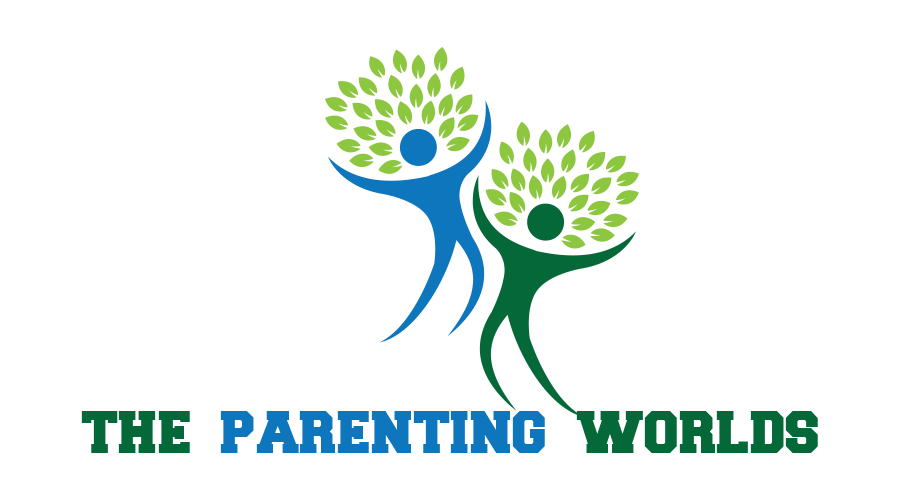A child’s mind is like a sponge, soaking in everything around them with boundless curiosity and enthusiasm. What if the magic to unlock their full potential lay not in complex routines, but in the simplest of things—what they eat? The journey to raising a sharp, energetic, and happy learner begins with fueling their tiny bodies with the right kind of nourishment.
Fueling Young Minds with the Power of Nutrition
Many people believe that to ensure the overall growth of their child, all they have to do is take care of their nutrition. A car is just as good as its fuel, likewise kids will flourish if the right kind of nutrients are fed to them. In order for a child to operate correctly and excel biologically, they require vitamins, minerals, and other nutrients that can be found in fruits, vegetables, and healthy meats. These nutrients increase memory, concentration and other crucial elements responsible for learning.
From Healthy Eating to Healthy Emotions
Did you know that the right foods can boost not only brain function but also enhance emotional health of your child? Nutrient dense foods especially those enriched with Omega 3 and antioxidants aid in the development of areas of the brain that regulate emotions and social interaction. This enables your preschooler to manage interpersonal relationships and emotions better, making playdates and group work more productive and enjoyable.
Learning Through Play: The Connection with Nutrition
Your child’s nutrition plays a key role in their engagement in learning activities, as good nutrition helps prevent malnourishment. Children who receive enough food do not have disrupted energy and so concentrate better in play based learning. With the right amount of nutrition, a child will be able to read new books, play with puzzles or even act without losing focus or the ability to remember important details.
Simple Ways to Integrate Nutrition and Learning
While there are many parenting tips for preschoolers having a difficult time navigating their eating habits, an important first step for all parents is to decide what should constitute a ‘snack’. After that, separate healthy snacks from not-so-healthy snacks and decide how often to offer each kind of snack to your child. Parents can upgrade their children’s meals by substituting greasy chocolate bars with overall healthier options like nuts or fruits.
What many parents also don’t seem to be aware of is the fact that they can teach their children during mealtime. Parents can use activities where the child can learn new skills, for example, counting, during meals.
Setting Your Child Up for Success
Nutrition during early childhood development is very important for cognitive development in early childhood. By nourishing your child with proper food, you aren’t only enabling them to grow nicely and become taller, but also helping their mental growth. And a growing brain feeds off of a wide variety of food, hence fill them up with the right food today and let them impress you in the future!

